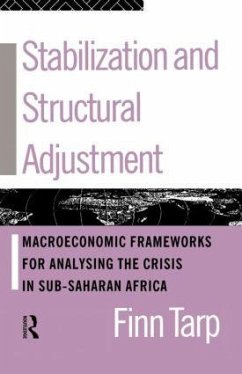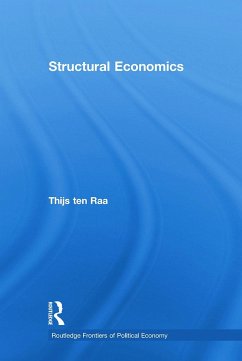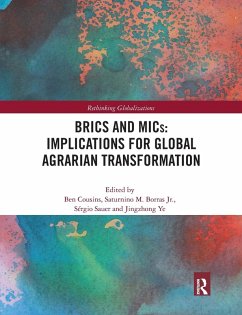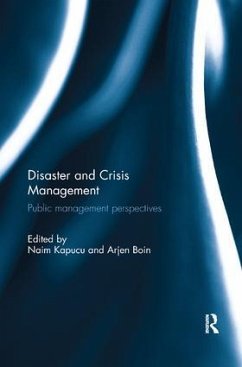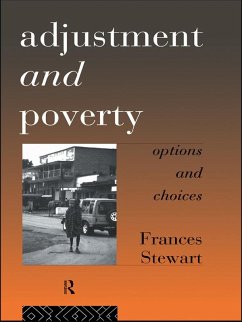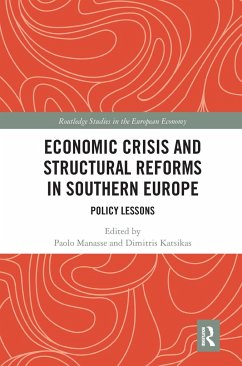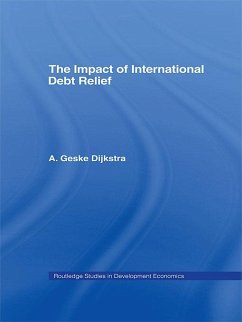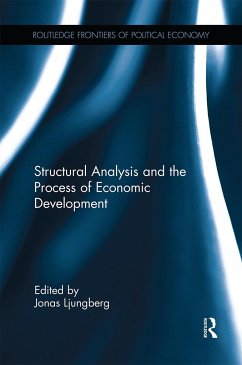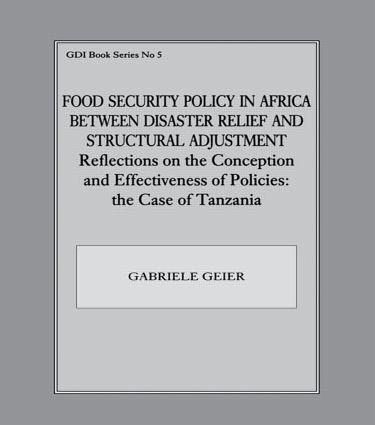
Food Security Policy in Africa Between Disaster Relief and Structural Adjustment
Reflections on the Conception and Effectiveness of Policies; the case of Tanzania
Versandkostenfrei!
Versandfertig in 1-2 Wochen
55,99 €
inkl. MwSt.

PAYBACK Punkte
28 °P sammeln!
According to the FAO, one person in three in sub-Saharan Africa suffers from malnutrition, and one in seven is in danger of dying. Most African countries no longer seem capable of ensuring that their people have access to sufficient food. Given the failure of past efforts the objectives of food security policies and their effectiveness have to be reconsidered. This book shows that the debate on food security policies has changed with the passage of time. The entitlement debate triggered by A. Sen had a major influence on this change but, the bearing of socio-economic structures on the food sec...
According to the FAO, one person in three in sub-Saharan Africa suffers from malnutrition, and one in seven is in danger of dying. Most African countries no longer seem capable of ensuring that their people have access to sufficient food. Given the failure of past efforts the objectives of food security policies and their effectiveness have to be reconsidered. This book shows that the debate on food security policies has changed with the passage of time. The entitlement debate triggered by A. Sen had a major influence on this change but, the bearing of socio-economic structures on the food security of African households and their individual members are still not fully recognised.





